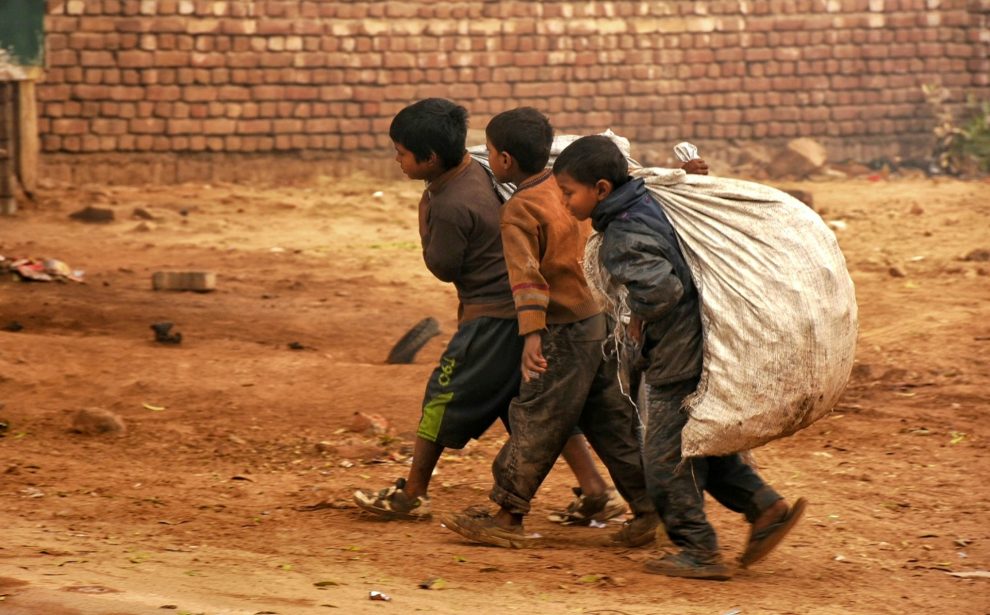When Pope Francis was elected in 2013, I was working as an economist at the International Monetary Fund (IMF). I watched the screen as a cardinal came onto the balcony to announce that Jorge Mario Bergoglio, a Jesuit, had been elected pope and had taken the name Francis. A tingle went down my spine. I knew this would have profound implications for the world—and indeed for my own life.
Trained as an economist, I always had some interest in Catholic social teaching. This interest had been deepening before Francis’ election. I was going through a “crisis of faith” with my discipline in light of the manifest failures of the global financial crisis—brought about by greed, hubris, and indifference to the plight of the world’s poor. Pope Francis came along at exactly the right moment.
In one sense, what Pope Francis said about the global economy was not new. His predecessors stressed that every economic decision was a moral decision and that the global economy should be structured around the values of solidarity and the common good. But Pope Francis brought a fierce urgency to this discourse. He had no qualms about denouncing grave economic injustices in the strongest, most prophetic, terms.
The clearest example of this came in his addresses to the popular movements, gatherings of some of the world’s poorest people, such as when he said the above on a trip to Bolivia in 2015.
I know instinctively that Pope Francis was right. Our vast global economy is capable of generating immense wealth. But it also leads to vast amounts of exclusion, and it is destroying nature. In his encyclical Laudato Si’ (On Care for Our Common Home), Pope Francis calls for a better kind of progress, “one which is healthier, more human, more social, more integral.”
Inspired by Pope Francis’ economic teaching, I decided to leave the IMF. I wanted to focus full time on Catholic social teaching. I published a book titled Cathonomics: How Catholic Tradition Can Create a More Just Economy (Georgetown University Press) in 2022. As I wrote this book, I came to realize that Pope Francis’ remarks to the meeting of popular movements capture a central theme in his teaching—and indeed Catholic social doctrine more generally.
The ancient principle of the universal destination of goods—the notion that the goods of the Earth are destined for all people—could not be more relevant in a world where extreme poverty and inequality hold sway. Bringing about a more just and inclusive economy means embracing economic rights—the rights to such goods as food, clothing, housing, health care, education, clean energy, and decent jobs. A market economy simply fails to provide these goods to all. Finally, there can be no viable economic future unless we come to grips with the harm our economic model is doing to the environment, especially through climate change.
I will be forever grateful to Pope Francis and his moral leadership in the area of economic justice. I am confident he will be remembered as one of the most consequential of popes.
This article also appears in the July 2025 issue of U.S. Catholic (Vol. 90, No. 7, pages 16-21). Click here to subscribe to the magazine.
Image: Unsplash/Dulana Kurithuwakku
















Add comment